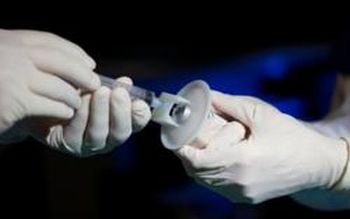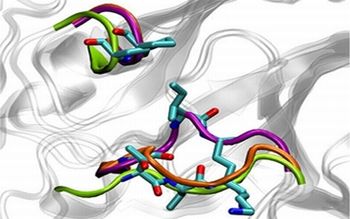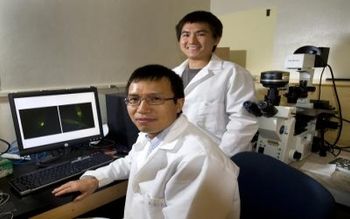
News










Every two seconds, someone in the United States needs blood. In fact, more than 5 million Americans receive blood transfusions each year, according to the American Red Cross. Depending on the amount and age of the stored blood used, there is evidence that transfusion can lead to complications including infection, organ failure and death.









Numerous studies have demonstrated that contaminated environmental surfaces in healthcare facilities can contribute to the transmission of infectious pathogens and that the cleaning and disinfection of these high-touch surfaces has been suboptimal.




Researchers from the University of California, Irvine, with assistance from the San Diego Supercomputer Center at UC San Diego, have found a new approach to the creation of customized therapies for virulent flu strains that resist current antiviral drugs. The findings, published online this week in Nature Communications, could aid development of new drugs that exploit so-called flu protein pockets.





Purdue University biologists identified a new way in which bacteria hijack healthy cells during infection, which could provide a target for new antibiotics.
